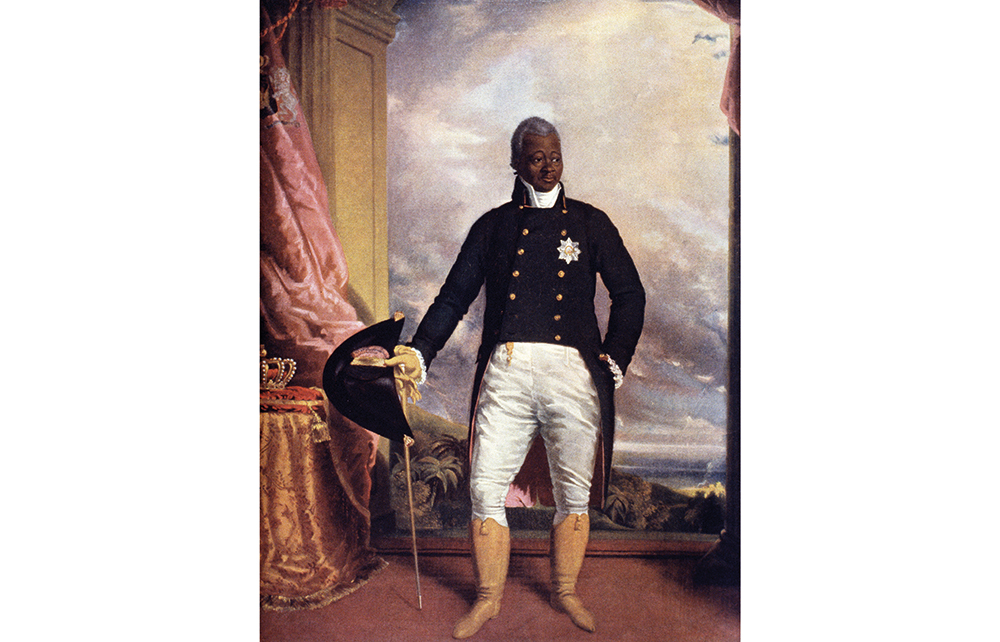In January 1804 the West Indian island of Saint-Domingue became the world’s first black republic after the slaves toiling in the sugar fields rose up against their French masters and, at the end of a 13-year insurgency, proclaimed independence. Saint-Domingue was renamed Haiti (an aboriginal Taino-Arawak Indian word meaning ‘mountainous land’) and the Haitian flag created when the white band was solemnly removed from the French tricolore.

Disagree with half of it, enjoy reading all of it
TRY 3 MONTHS FOR $5
Our magazine articles are for subscribers only. Start your 3-month trial today for just $5 and subscribe to more than one view
Already a subscriber? Log in






Comments
Join the debate for just £1 a month
Be part of the conversation with other Spectator readers by getting your first three months for £3.
UNLOCK ACCESS Just £1 a monthAlready a subscriber? Log in